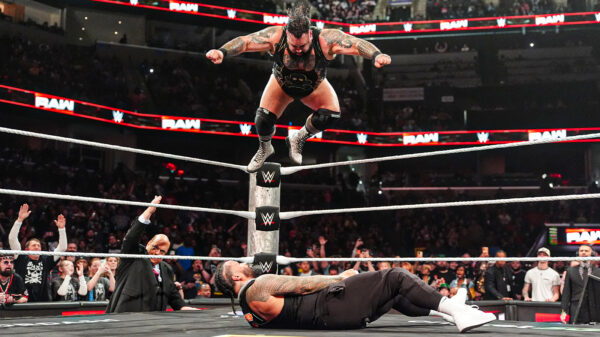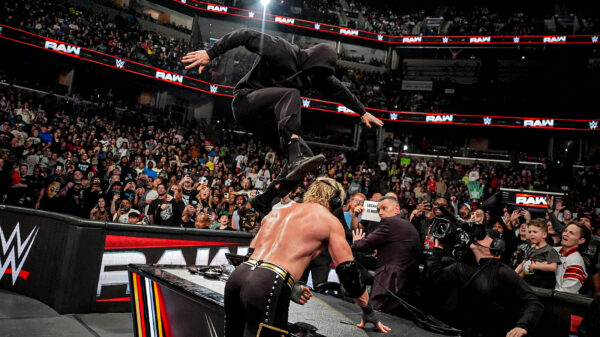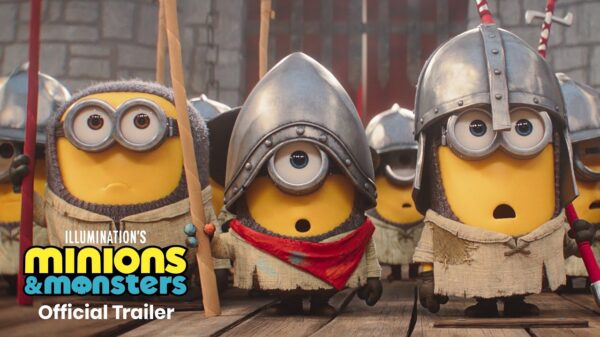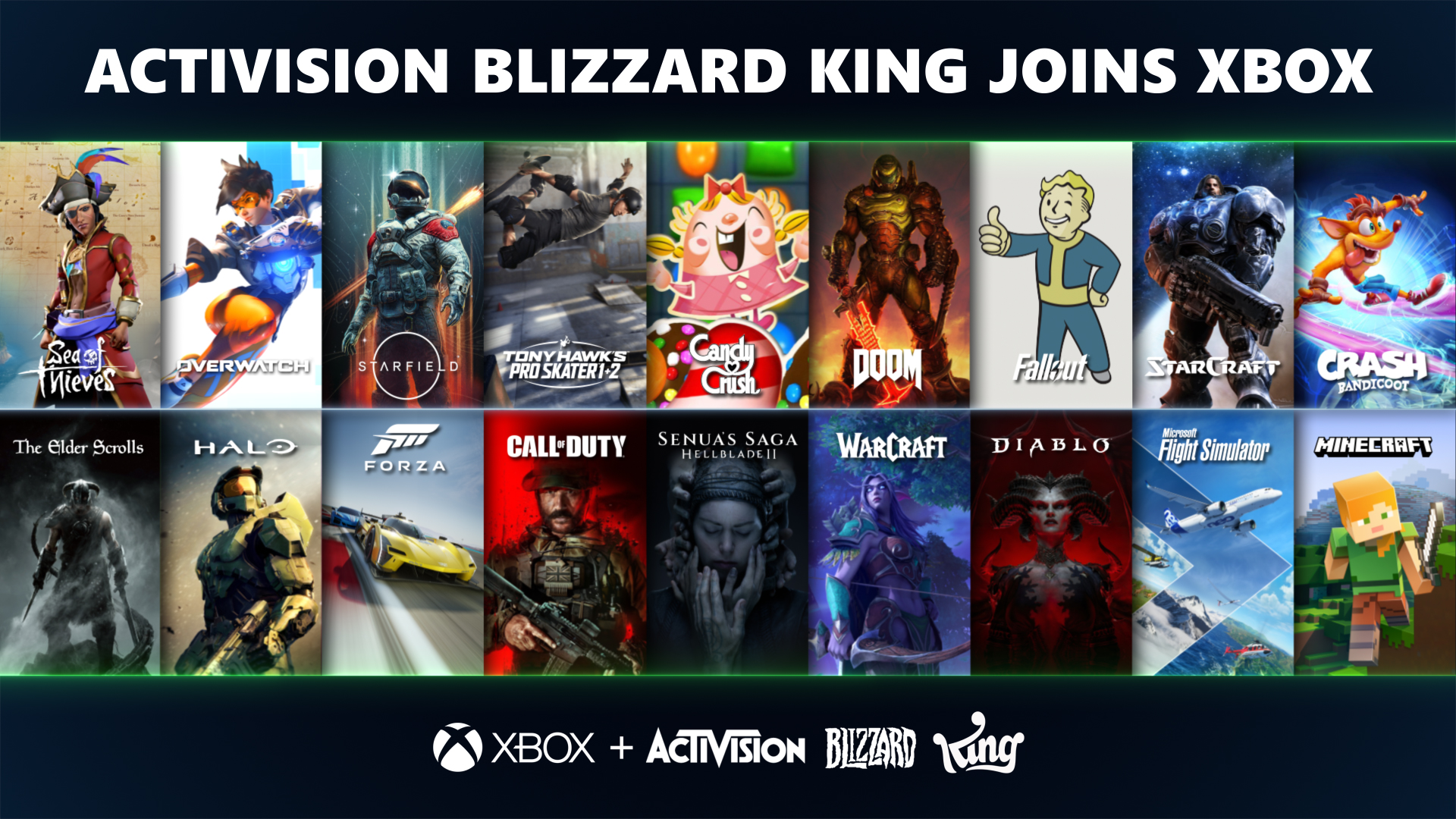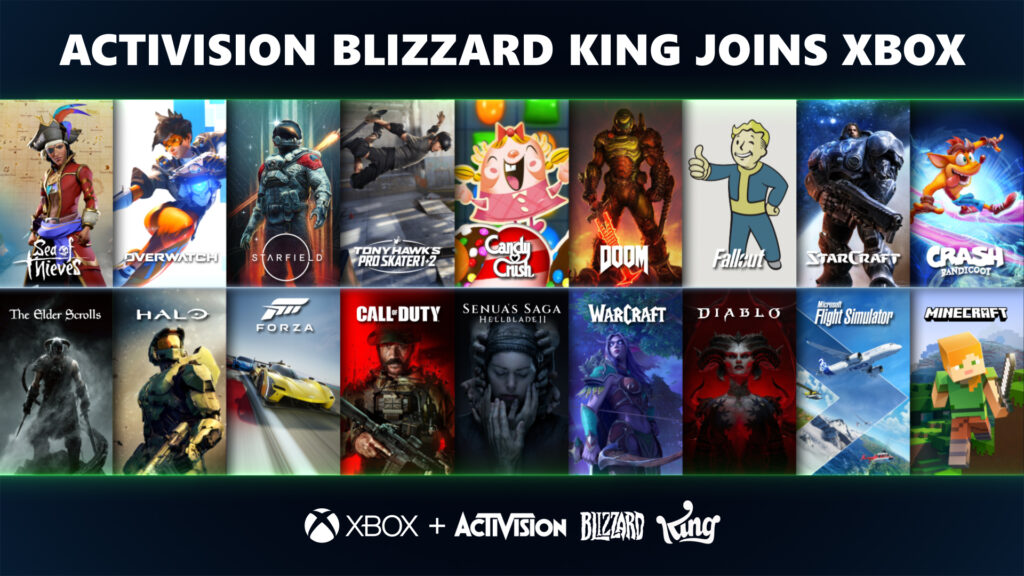
On Friday, Microsoft completed its historic $69 billion acquisition of gaming giant Activision Blizzard after over a year of global antitrust scrutiny. This makes Microsoft the third-largest gaming company worldwide by revenue, following China’s Tencent and Japan’s Sony.
This acquisition, announced in January 2022, faced rigorous examination by regulators in the EU, the US, and the UK, who were concerned about potential price increases and competition issues, particularly in cloud gaming. Microsoft sees this as a strategic move to compete across various platforms, including console, PC, mobile, and cloud gaming.
By acquiring Activision Blizzard, Microsoft enhances its presence in mobile gaming with titles like “Candy Crush” and “Call of Duty Mobile,” aligning with the lucrative mobile gaming market. Microsoft plans to make Activision, Blizzard, and King‘s games available on Xbox Game Pass and other platforms.
This deal could set an industry precedent, inspiring other corporations to pursue similar acquisitions to remain competitive. Major changes in the gaming industry over the past decade, accelerated by the pandemic, have seen companies like Microsoft acquiring various game studios.
Despite regulatory challenges, Microsoft‘s acquisition cleared the final hurdles. It has potential implications for the gaming culture and competition in the industry. However, concerns remain about potential price increases in Microsoft‘s Xbox subscription service and the evolving landscape of console loyalties, with the Nintendo Switch gaining popularity among the younger generation. Microsoft aims to position itself favorably in this dynamic industry.

